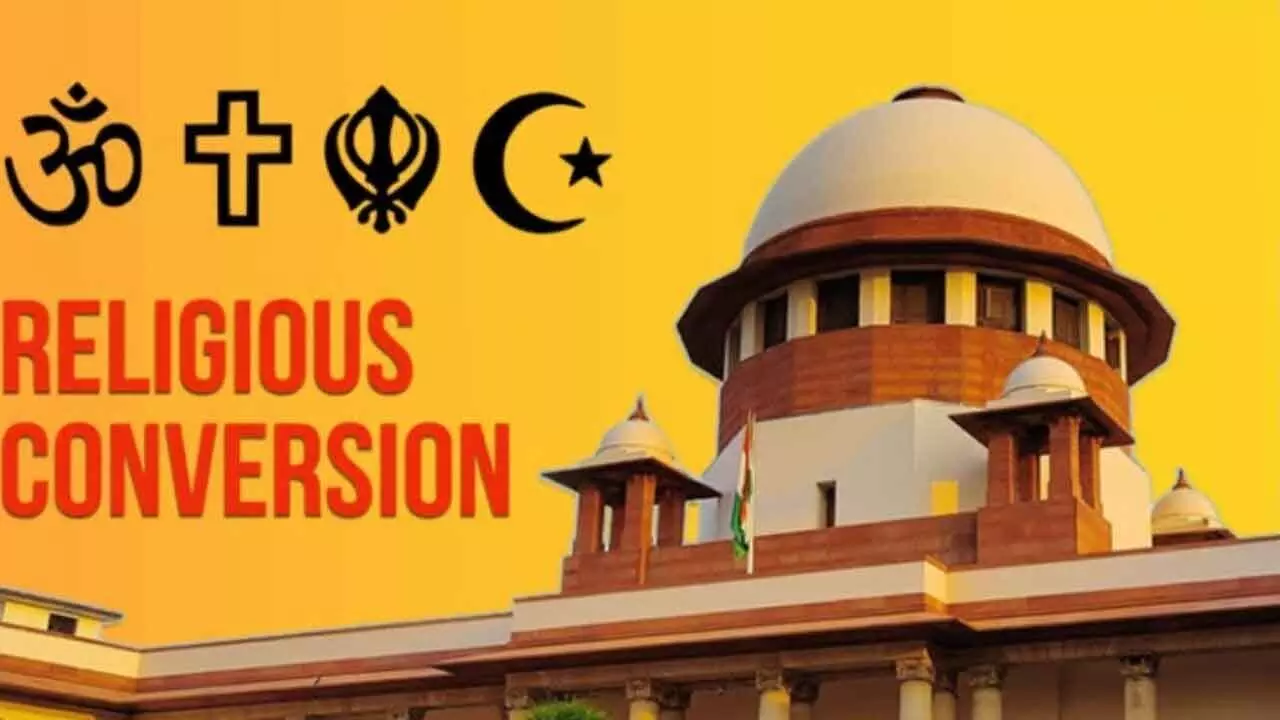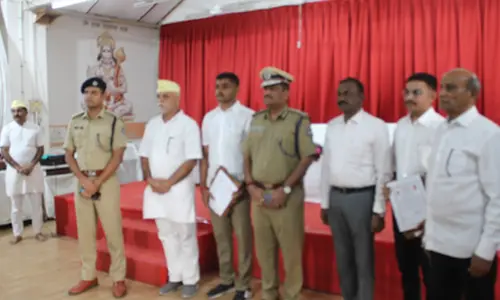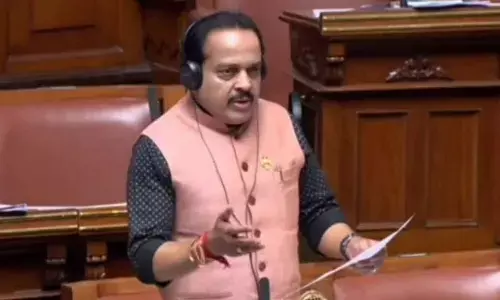Fraud on Constitution: SC rules against religious conversion for quota benefits

New Delhi: In a significant verdict, the Supreme Court has said religious conversions undertaken solely to avail reservation benefits without genuine belief amounted to a "fraud on the Constitution".
Justices Pankaj Mithal and R Mahadevan passed the verdict on November 26 in a case filed by one C Selvarani and upheld a Madras High Court decision of January 24 denying a scheduled caste certificate to a woman who converted to Christianity but later claimed to be a Hindu to secure employment benefits.
Selvarani, born to a Hindu father and a Christian mother, was baptised as a Christian shortly after birth but later claimed to be a Hindu and sought an SC certificate to apply for an upper division clerk position in Puducherry in 2015. While her father belonged to the Valluvan caste, categorised under scheduled castes, he had converted to Christianity, as confirmed by documentary evidence.
Justice Mahadevan, who wrote the 21-page verdict for the bench, further underscored that one converted to a different religion, when they were genuinely inspired by its principles, tenets and spiritual thoughts.
"However, if the purpose of conversion is largely to derive the benefits of reservation but not with any actual belief in the other religion, the same cannot be permitted, as the extension of benefits of reservation to people with such ulterior motives will only defeat the social ethos of the policy of reservation,” he noted. The evidence presented before the bench was found to have clearly demonstrated that the appellant professed Christianity and actively practiced the faith by attending church regularly.
"Despite the same, she claims to be a Hindu and seeks for a SC community certificate for the purpose of employment," it noted. "Such a dual claim made by her," said the bench "was untenable and she cannot continue to identify herself as a Hindu after baptism".
The top court, therefore, held the conferment of scheduled caste communal status to the woman, who was a Christian by faith, but claimed to be still embracing Hinduism only for the purpose of availing reservation in employment, "would go against the very object of reservation and would amount to fraud on the Constitution".















